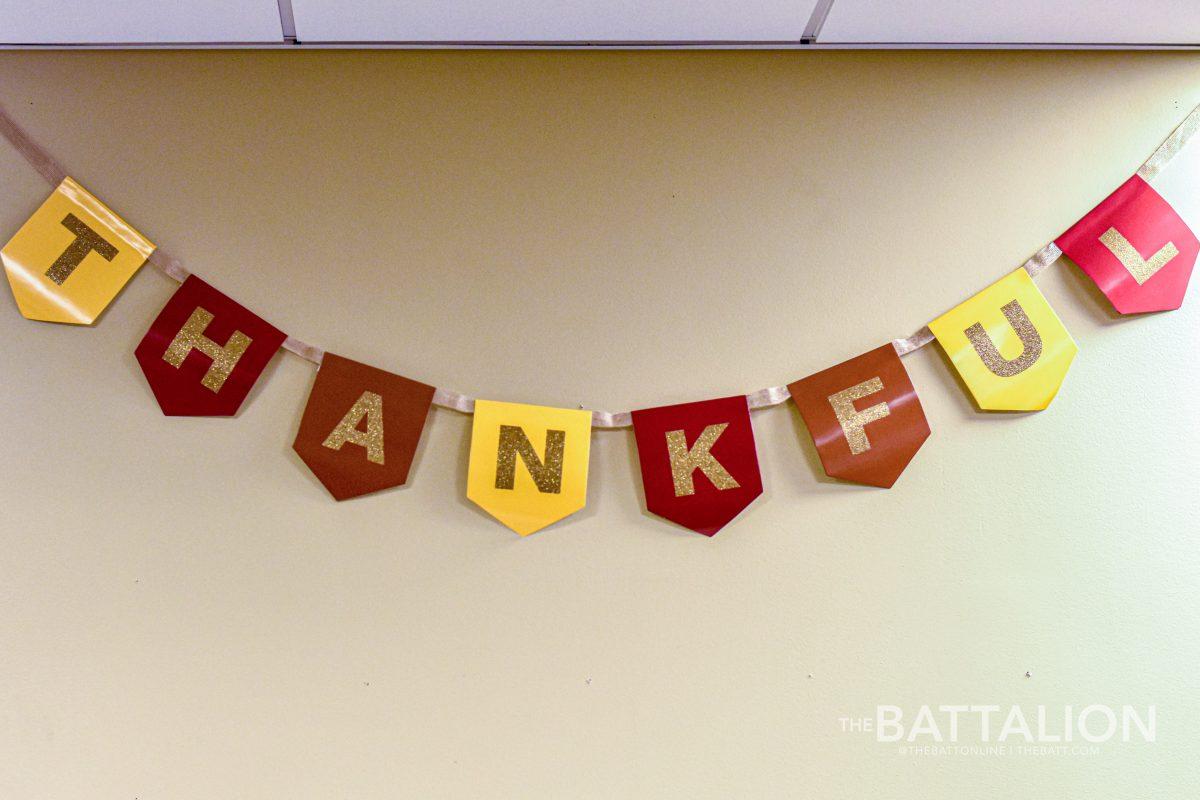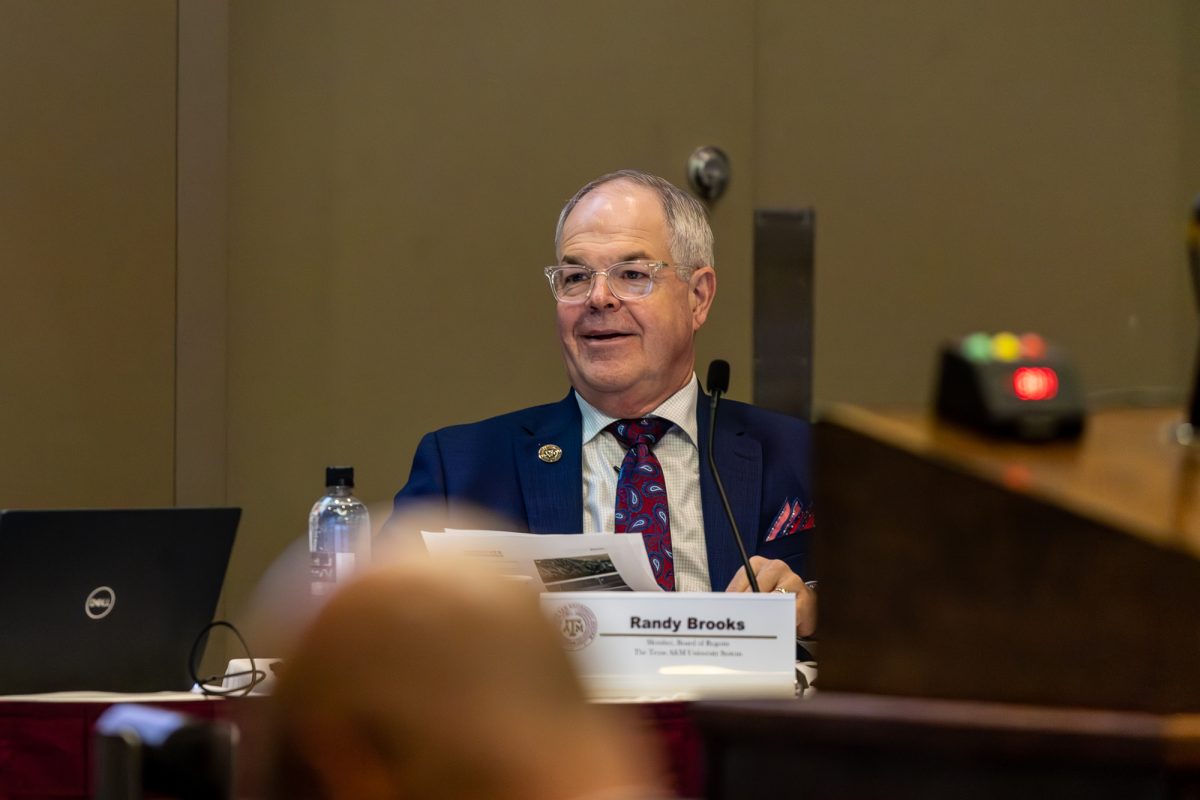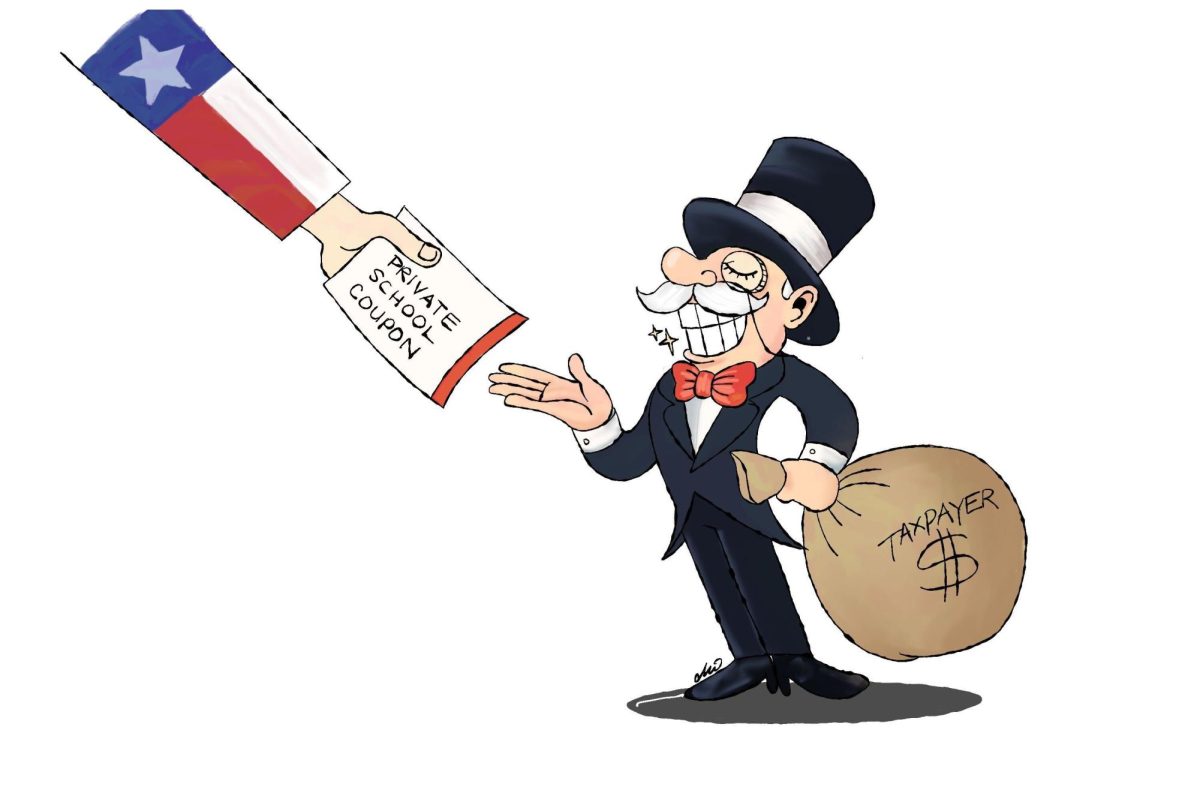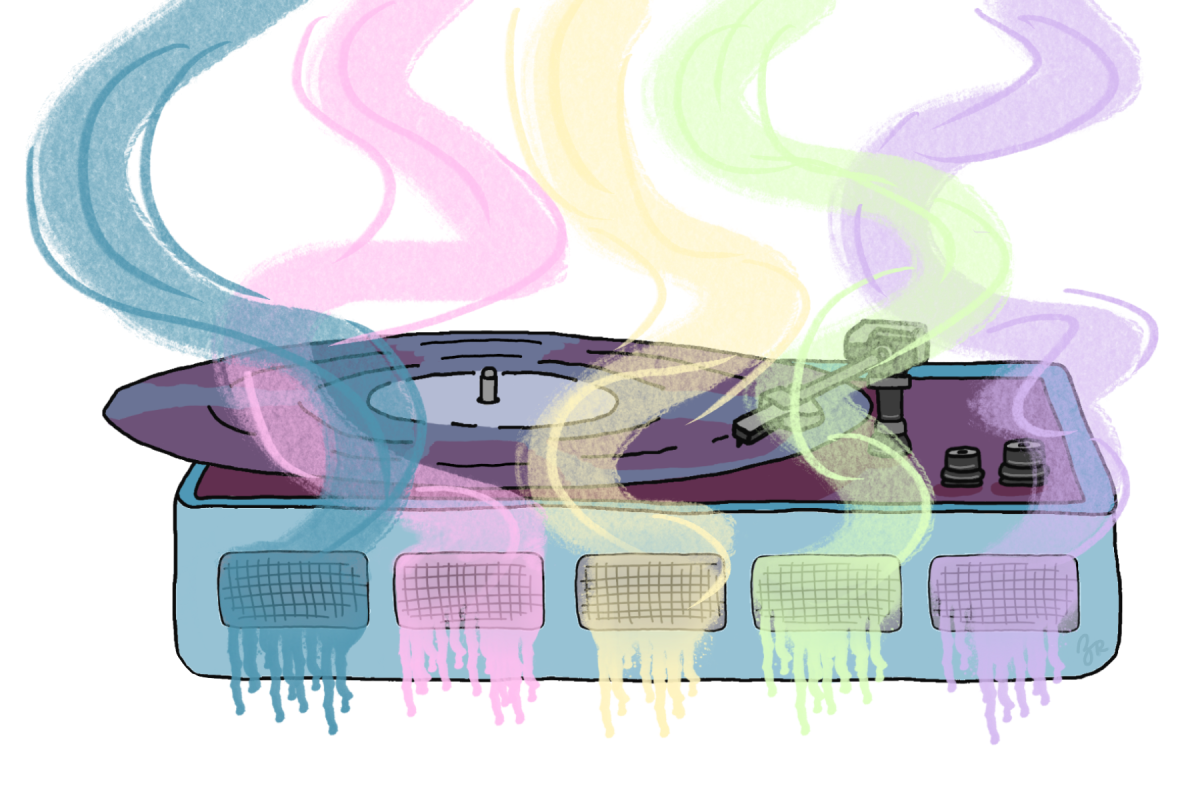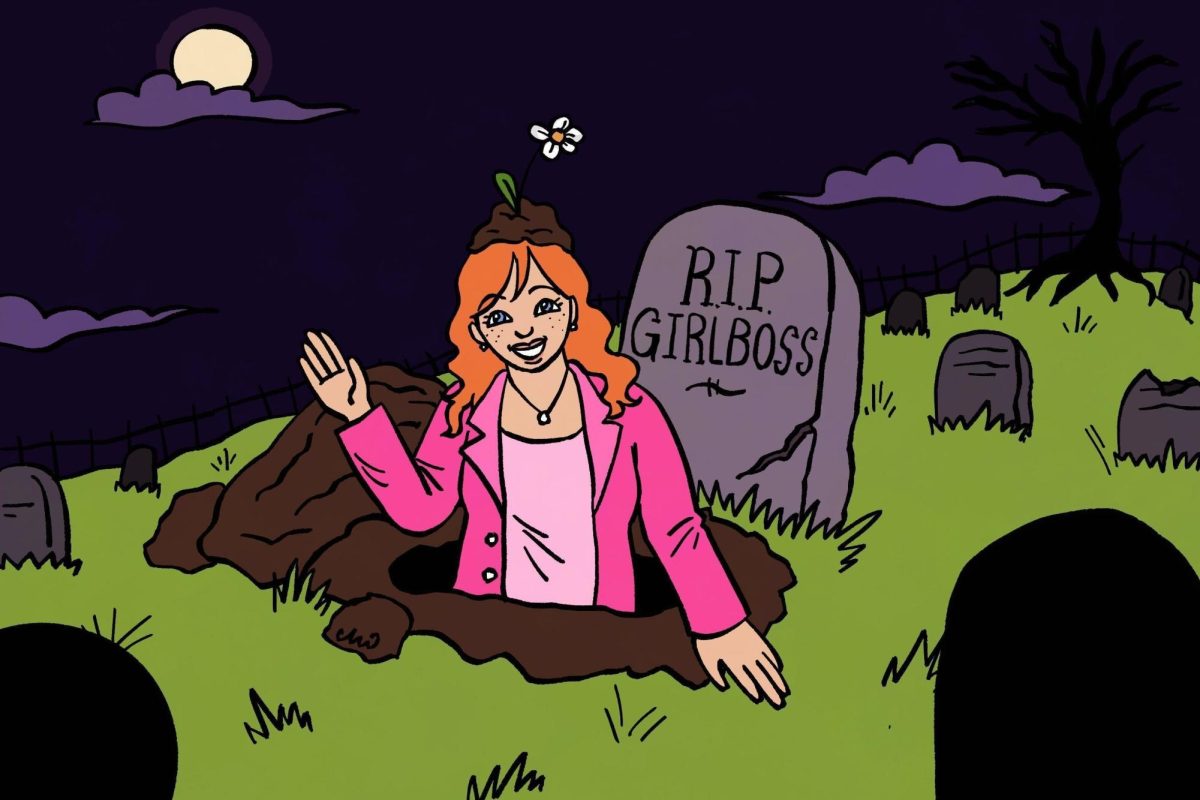Thanksgiving has always been a special time for me. The joy of simply being home mixed with the excitement of seeing distant relatives and, of course, the food. My usual “cooking” is throwing frozen chicken nuggets into the microwave, so Thanksgiving is quite the improvement to my stereotypically subpar college culinary skills.
However, at the risk of sounding cliche, Thanksgiving is ultimately a time to reflect on what we should be grateful for, including but not limited to the person who invented the turkey sandwich. In his ever-so-sage advice, GK Chesterton wrote, “When it comes to life, the critical thing is whether you take things for granted or take them with gratitude.”
My mom has a similar saying, but it’s less artsy and more along the lines of, “You better not complain, boy.” I’m sure the reader can relate.
Unfortunately, our society has generally opted to forget why it should be thankful, and the symptoms of our ingratitude reveal themselves in our politics through anger. Our academic and religious institutions are arenas for heated political struggles. Public discourse is toxic, unforgiving and home to perpetual cultural strife. Every election is declared to be “the most important election of our lifetime,” which only adds fuel to a culture already on fire.
So how do we squelch the flames? As usual, maybe mom is right, and a return to gratitude is in order.
Gratitude is what I consider the first principle. In other words, seeing the world through a lens of thankfulness and a sense of wonder should be the default setting. To be amazed at the good before the bad. To marvel at every instance of humanity’s rise above barbarism and to remember it’s the result of a long noble struggle by the generations that came before us.
For thousands of years, the human condition was marked by poverty, violence, slavery, despotism and oppression. Individual rights? Forget about it. For this reason, instances of freedom, justice and prosperity should inspire a feeling of awe within our hearts. The simple fact you can drive through College Station and pass by churches belonging to every faith and denomination, and they aren’t at war with each other, is a miracle in and of itself. The mere existence of our pluralistic society is a historical abnormality. You might go so far as to call it a blessing.
The fact you are subjecting yourself to reading this conglomeration of thoughts posing as an article is a testament to how far civilization has come. Only 200 years ago, the chance of you knowing how to read and write would be around 12%. Pre-Enlightenment, the probability would be closer to zero.
There is a lot to be thankful for, yet there are those who consider gratitude a sort of moral failing. How can you be grateful when there are so many problems in the world? It’s a fair question, but it exposes a fundamental misunderstanding.
To be grateful is not to ignore the suffering of the world. Instead, it is to acknowledge the progress made and, in doing so, commit oneself to their defense. Because, as it turns out, good things are often vulnerable.
Consider how quickly the Chinese people lost all pretense of freedom in the quick years of the COVID-19 pandemic. Entire neighborhoods shut down, people locked in their apartment buildings and businesses closed. Clearly, indispensable things such as democracy, liberty, pluralism, puppies, etc. require a vigilant guard. Gratitude reminds us that we have much to lose and, in turn, prods us to preserve and improve upon the exceptional
At the first Thanksgiving in 1621, the pilgrims and their Native American allies gave thanks for all they had despite their struggles.
Those stubborn settlers kept count of their blessings, not because their lives were easy, but because they knew they had much to build upon. In 1789, George Washington drew on the grateful spirit of the pilgrims when he declared it was “the duty of all nations to acknowledge the providence of Almighty God, to obey His will, to be grateful for His benefits.”
Though you may not be persuaded of the reality of God, the underlying message remains the same — be grateful in all circumstances. Ideas such as the dignity of the individual, the rule of law and separation of powers, for example, didn’t pop up overnight. They are the product of thousands of years of human struggle and are not guaranteed. As in most things, it’s easier to destroy than build.
With final exams approaching, take a moment to think back to your Thanksgiving table with family all around. Take a moment to be grateful for the triumphs of the past, the labor of the present and the possibilities of the future. It may be December, but surely the spirit of Thanksgiving can’t be boxed into only one part of the calendar.
Ryan Lindner is a political science major and opinion writer for The Battalion.
Opinion: The imperative of gratitude
December 7, 2022
Photo by Photo by Abbey Santoro
Since 1993, visualization professor Francis Quek has been inviting Texas A&M students into his home to enjoy a Thanksgiving meal for those who cannot travel home for the holiday.
0
Donate to The Battalion
$2065
$5000
Contributed
Our Goal
Your donation will support the student journalists of Texas A&M University - College Station. Your contribution will allow us to purchase equipment and cover our annual website hosting costs, in addition to paying freelance staffers for their work, travel costs for coverage and more!
More to Discover




